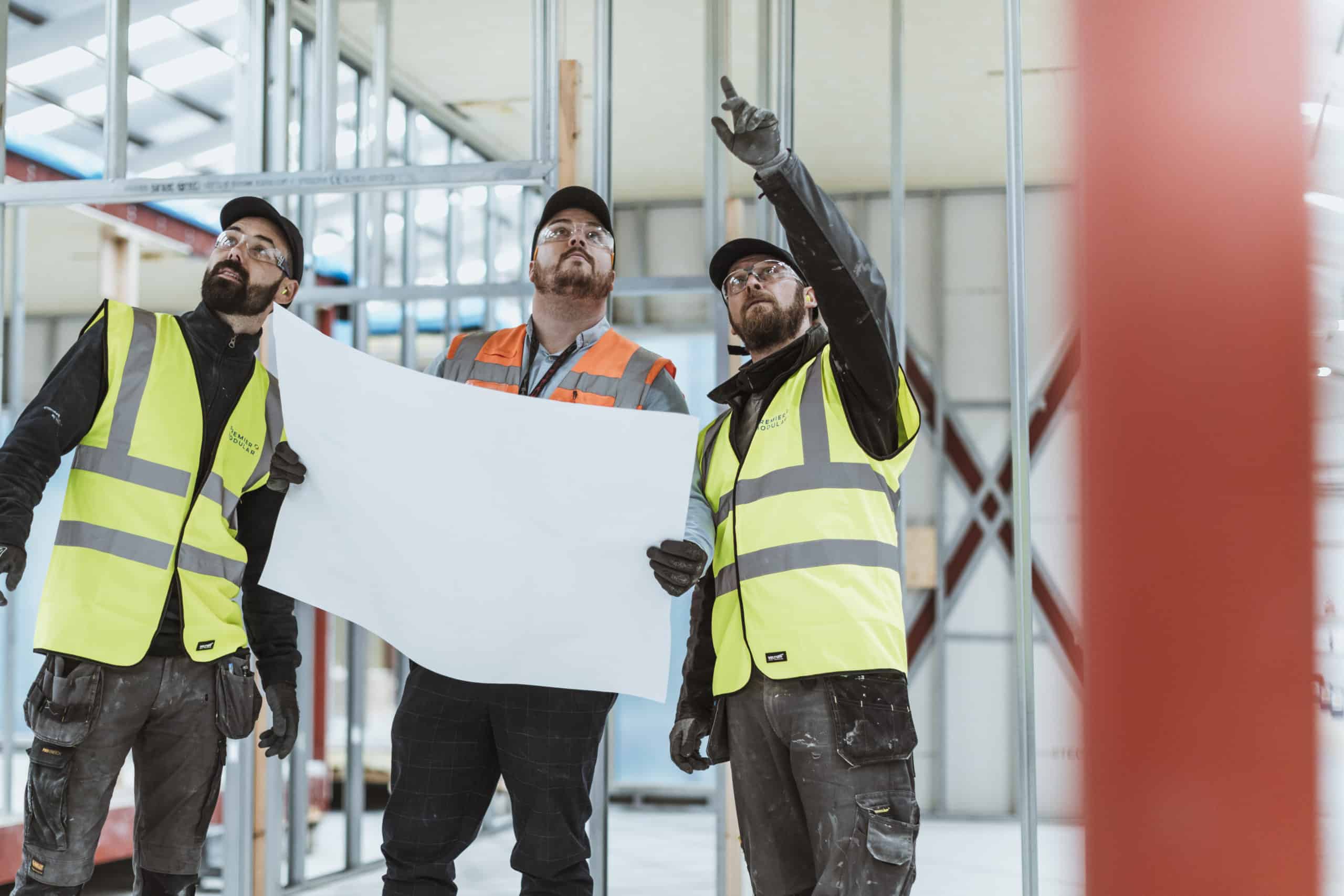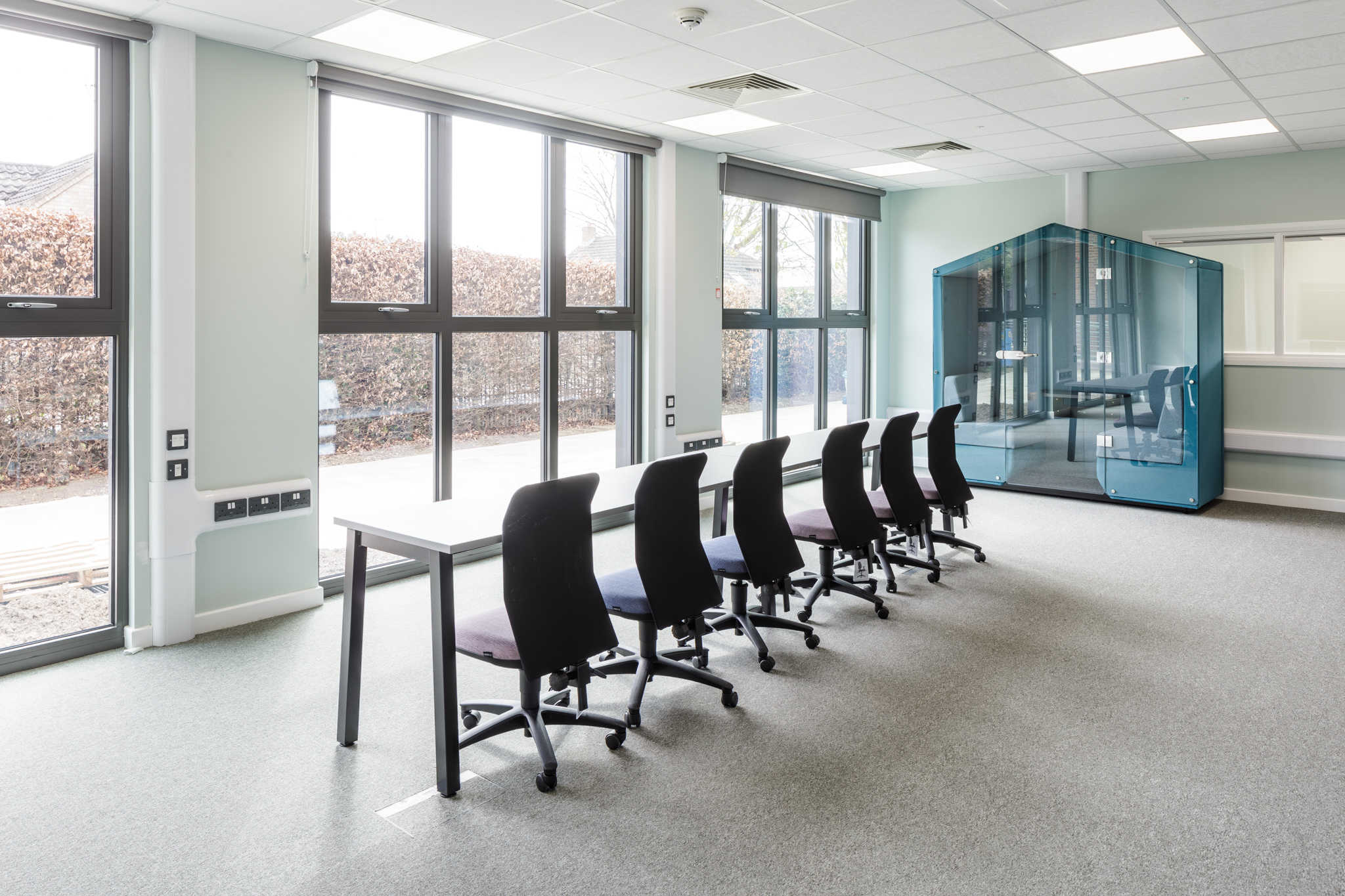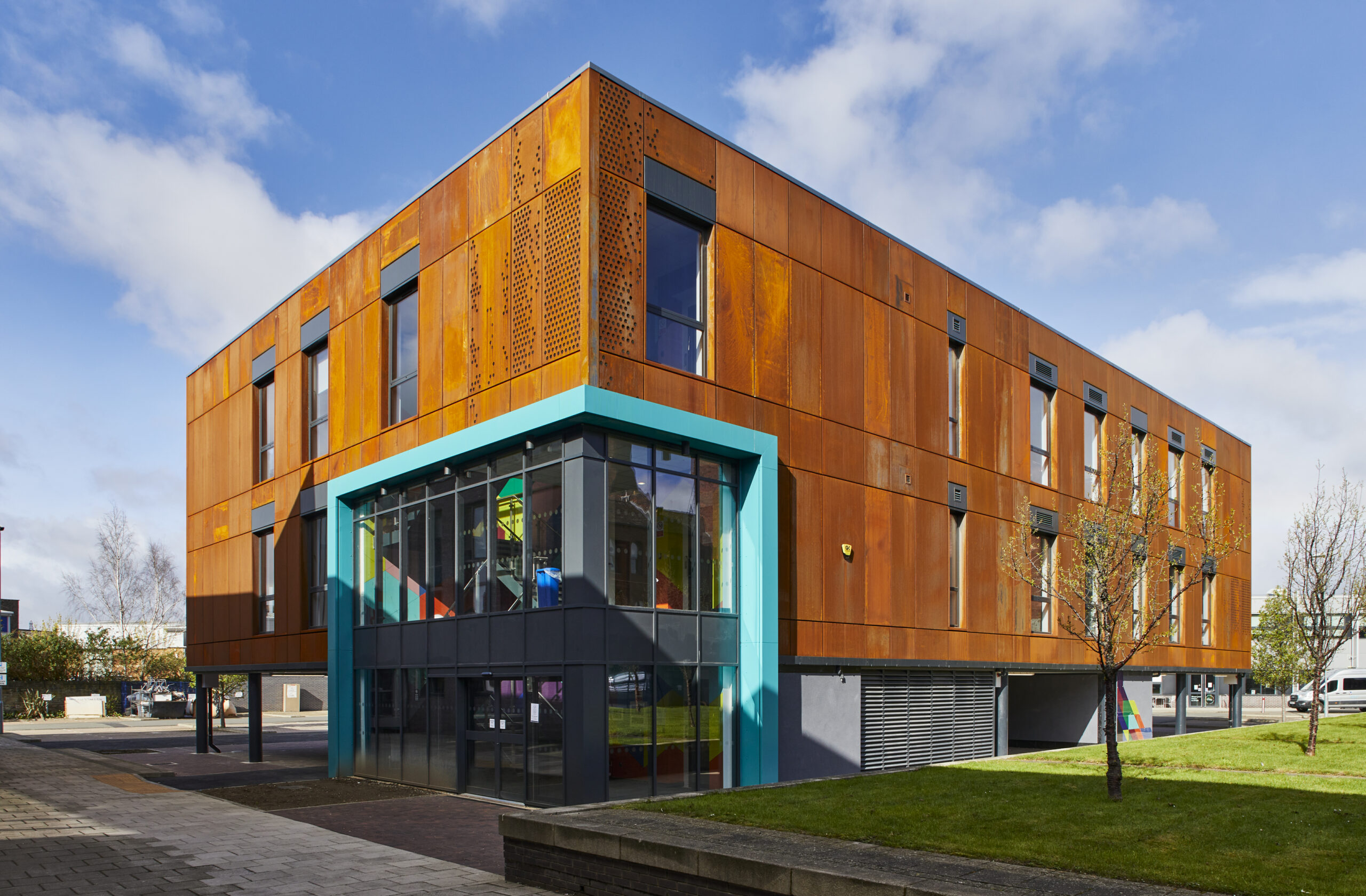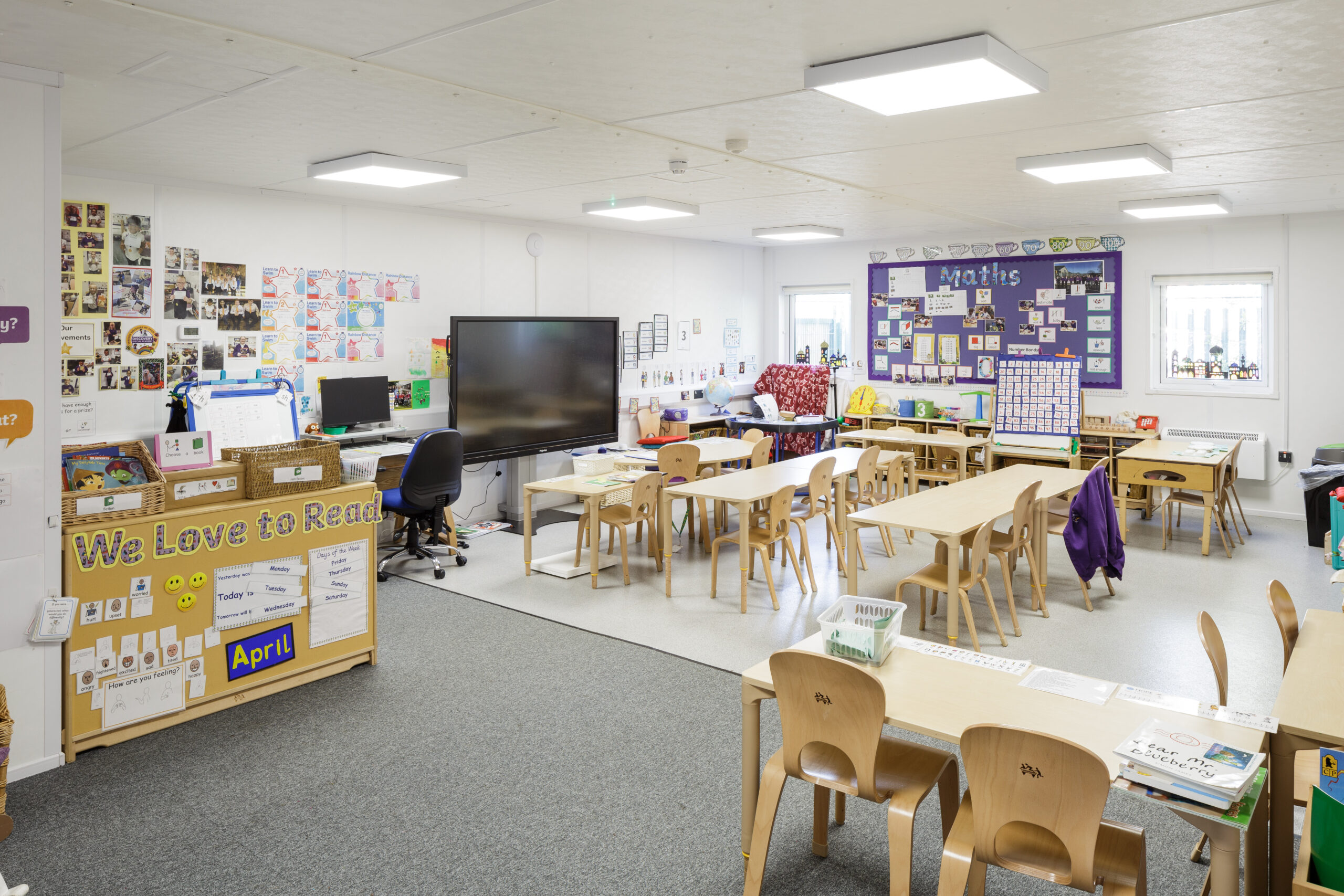Improving productivity is a key goal for most businesses: it’s essential for delivering overarching strategies and driving growth.
As the workplace continues to evolve and the relationship between it and the workforce is studied in more depth, there is a growing need to revisit the internal environment to see if improvements can be made to boost productivity and deliver results.
Productivity in the office
Studies show that office design is one of the top influencers of workplace positivity and can make employees up to 33 per cent happier. Other studies have revealed that employees who work in an environment decorated with plants and artwork are 17 per cent more productive than those in functional but bare spaces.
However, with one in six workers reportedly experiencing mental health problems and a national push to encourage people back into the office, thinking beyond decoration is vital. By considering the impact of a building’s internal environment, businesses and developers can work in tandem to design with productivity in mind.

Going back to basics
Popular, modern offices are typically employee-centric and often include open space, high ceilings and high-quality acoustics. These features are important for improving air circulation, maximising natural light and ensuring that a workplace does not cause sensory discomfort.
Increasingly, workplaces are expected to be flexible to accommodate collaborative working and simultaneously shape a sense of community among employees. Modular building solutions, whether rental, long-lease or permanent, provide this flexibility and can be efficiently configured and reconfigured to suit a variety of modern demands. This reconfigurability benefits both individuals during their workday and companies who might require a space that adapts to changing workforce capacity requirements.
Whilst focusing on more flexible, well-executed space might seem simplistic, this approach to building design ensures a quality building that is more likely to house a happy and productive team. In modular building, this means utilising precision manufacturing in a controlled environment to create consistent quality, reduce waste and increase sustainability.

Going green for a happy team
In the global push for businesses to become more environmentally conscious, building design must form a fundamental part of any solution. 93% of those working in environmentally friendly workplaces have stated they feel happier in their jobs compared to 55% in offices which aren’t environmentally friendly.
Offices built using modular techniques, whether temporary or permanent, offer reduced embodied carbon in comparison to traditional construction techniques. In addition, these buildings reduce operational carbon through sustainable additions such as ground source heat pumps, photovoltaic panels and clean air solutions such as Clean Air by Resysten, which uses titanium dioxide to break down pollutant and organic components, protecting those using the facility from pollutants, whilst meeting sustainable commitments and optimising the internal environment.

The future of the office
Ensuring offices stand up to employee comfort and sustainability expectations will help to improve a business’ culture and employee mindsets. Working in an environment that ‘lives’ these values is likely to drive motivation and productivity, especially when combined with well laid out, spacious environments.
Whether your workspace is temporary, long-lease or permanent, it’s important not to sacrifice your business’ productivity by forgetting the basics of great design.










